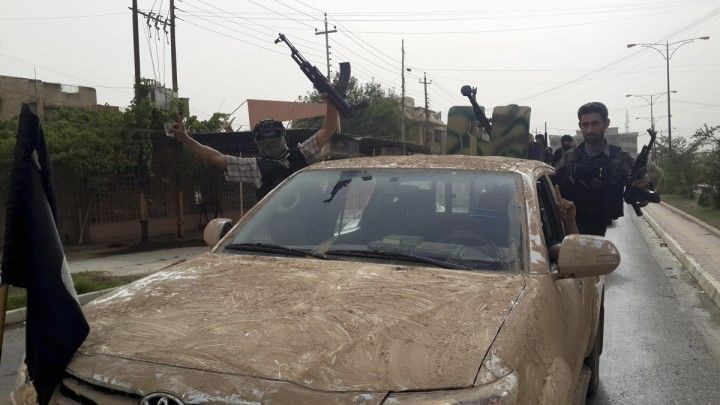Nuclear Material Seized In Iraq 'Low Grade': IAEA

The nuclear material seized in Iraq by a Sunni insurgent group last month was “low grade” and doesn’t constitute a “significant” safety risk, the International Atomic Energy Agency said on Thursday.
But the seizure of nuclear material near Mosul last month by the Islamic State of Iraq and Syria is still a worrying development, the IAEA said.
"On the basis of the initial information we believe the material involved is low grade and would not present a significant safety, security or nuclear proliferation risk," IAEA Spokeswoman Gill Tudor said, according to Reuters. "Nevertheless, any loss of regulatory control over nuclear and other radioactive materials is a cause for concern."
Iraq sent a letter to the IAEA, which was made public Wednesday, informing the agency that the nuclear material, stored in Mosul, fell into the hands of ISIS on June 11. The Sunni militant group took control of Mosul, Iraq’s second-largest city, last month as it launched a major offensive in which it seized a large swath of territory.
About 88 pounds of uranium compounds were stored at a university in Mosul for scientific research purposes. Enriched uranium was not believed to be among the material seized by ISIS, a government source told Reuters.
"Terrorist groups have seized control of nuclear material at the sites that came out of the control of the state," read the letter from Mohamed Ali Alhakim, Iraq’s ambassador to the United Nations.
Olli Heinonen, a former IAEA chief inspector, speculated that natural or depleted uranium may have been stored at the university, either as laboratory chemicals or radiation shielding.
"You cannot make a nuclear explosive from this amount, but all uranium compounds are poisonous," he said. "This material is also not 'good' enough for a dirty bomb."
A “dirty bomb,” or a crude nuclear device, is believed to be sought by terrorists, because it takes less expertise to make it than an atomic bomb and is easy to hide, according to experts.
Heinonen said there shouldn’t be any more enriched uranium in Mosul after Iraq’s nuclear weapons program was dismantled in the 1990s.
"Iraq should not have any nuclear installation left which uses nuclear material in these quantities," he said.
© Copyright IBTimes 2024. All rights reserved.






















